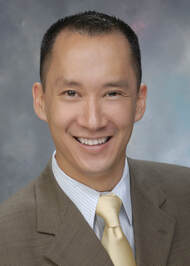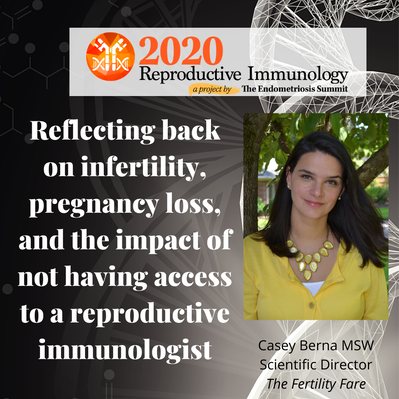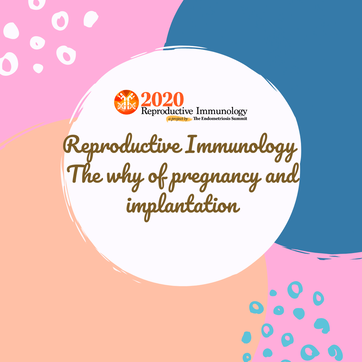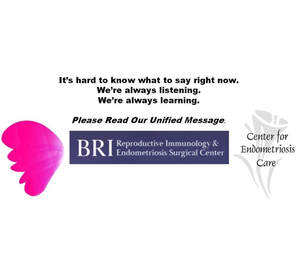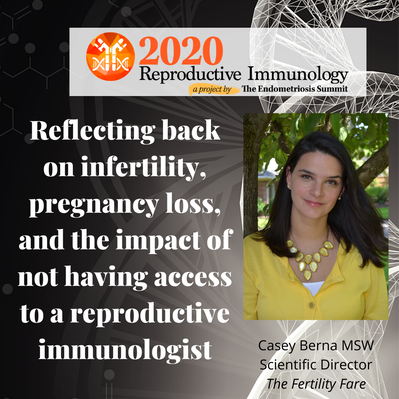 By Casey Berna, MSW
By Casey Berna, MSW
How many incomplete surgeries and rounds of “medical management” need to occur until an endometriosis patient gets a diagnosis and the expert, multidisciplinary treatment they need to improve quality of life and fertility? How many pregnancy losses does a patient have to endure for their doctor to change course? How many fertility treatments have to occur without a desired ending? How much money has to be spent? How many years have to go by without answers? How much physical, emotional, and financial devastation has to happen before a patient is given more resources to learn more about their health? Reproductive Immunologists can be a crucial part of the multidisciplinary care team that can find fertility answers sooner, lessening diagnostic delay, leading patients to the individualized treatments that can help alleviate the challenges of family building.
I, like so many other patients, endured incomplete endometriosis surgeries and experienced multiple fertility treatments, that either didn’t result in a pregnancy or soon resulted in a miscarriage, before understanding why my body was having so much trouble doing something society touts as “natural”. Trying to conceive did not feel at all natural or easy for me. At the time, I was in my early thirties and my doctor continued to explain away my challenges as simply bad luck because “everything looked great.” I kept hearing, “You are young. It will be fine.”
It took so many years of failed treatments for someone to even consider endometriosis as a part of my problem. No one ever checked me for BCL6, a marker of inflammation commonly associated with endometriosis. People with positive ReceptivaDX tests, a measure of these markers are 5 times more likely to have failed IVF cycles. Endometriosis was an incredible burden on my life and on my fertility.
Through diagnostic laparoscopy, my reproductive endocrinologist found and ablated what he referred to as a “mild” endometriosis. After surgery, we continued to try and conceive on our own and he was befuddled as to why it wasn’t working. We started with clomid and then proceeded to IUIs. I eventually got pregnant and had my daughter. We tried conceiving again as soon as it was safe. Clomid cycles led to multiple IUIs, which led to multiple IVFs. After transfering a pristine looking, “textbook embryo,” I had my third miscarriage in the span of 5 months with still no answers. While I was incredibly lucky to have insurance that covered my treatments, I was quickly reaching my limit for how many more covered treatments I could pursue as my doctor continued trying to “figure things out.”
On a hunch, the physician’s assistant in my reproductive endocrinologist’s practice took me aside privately and told me that I may have a balanced translocation, the same miscarriage causing genetic issue her college roommate had. My doctor was skeptical, but I fought to get tested and tests showed it was the reason I kept miscarrying. Heartbroken, I had to come to terms with the fact that because of my endometriosis, much of which remained in my pelvis post operatively, and my balanced translocation, all of the treatments I went through were most likely to fail and some of my miscarriages possibly avoided if I had been treated by a doctor who specializes in endometriosis and reproductive immunology.
The field of reproductive immunology fills in the gaps that many reproductive endocrinologists miss. As an endometriosis patient, I had no idea that my endometriosis can not only cause anatomical challenges to family building, but it can also cause inflammation that impacts egg quality or prevents fertilization or implantation. While I do not have an autoimmune disease, some patients do which can also impact fertilization and pregnancy viability. The immune system serves an important role in fertilization and implantation that often goes overlooked by reproductive endocrinologists. While up to 20% of pregnancies end in miscarriage, the chance of miscarrying again after experiencing two pregnancy losses increases to 40%. I didn’t realize that once I had two pregnancy losses, my rate of continuing to miscarry became significantly higher and that the immune system plays a vital role in accepting the embryo, allowing for implantation, and ensuring the continued growth of the fetus.
Knowing what I know now, I wish I could have gotten diagnosed and treated for my endometriosis as a teenager. Not only would my quality of life have been vastly improved, I could have been mindful and proactive regarding potential fertility challenges which would have given me more options. Having a reproductive immunologist as part of my team from the beginning would have saved time, money, and fertility treatment resources, most of which were spent before we even knew what health challenges I was facing. The recommendation is that a patient should seek care if they have suffered two pregnancy losses. But, by the second loss, the chance of staying pregnant dwindles. Why not give patients access to information, testing, and needed treatment at the start of their journey with pelvic pain or infertility? Why not work to identify all possible causes right away? All too often it feels like the hopes, dreams, and health of patients are deferred due to current standards of care and the lack of information for patients and providers alike.
I am excited to be a part of the upcoming Reproductive Immunology Summit because they are working to put the power back in the hands of the community by presenting the latest research and information. Reproductive immunologists thoroughly investigate the patient’s genetics, reproductive health, and immune system to understand how they are each working together, or maybe working against one another, with respect to family building.
Our time is precious. Our health is precious. Our resources are precious. The more we know about our bodies, the more empowered we are to make decisions about our health and our future. We hope you join us!
Register for Virtual Fertility Weekend with an entire day on Reproductive Immunology here.
https://theendometriosissummit.com/virtual-fertility-weekend.html
